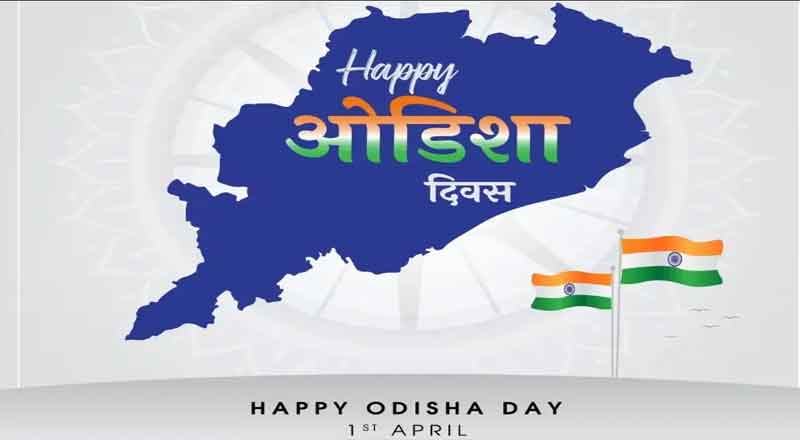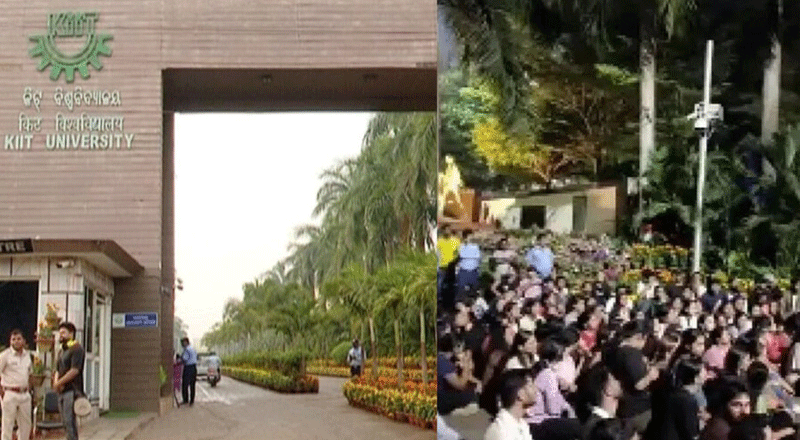Every year on April 1st, the land of Odisha in India bursts into vibrant celebrations, commemorating its rich history, cultural resilience, and relentless struggle for self-determination. This day, known as Odisha Day or Utkala Dibasa, holds profound significance in the hearts of Odias worldwide, marking the formation of the state of Odisha in 1936. It stands as a pivotal moment in the journey of its people towards recognition, empowerment, and the preservation of their unique identity.
Historical Roots:
Odisha’s history is a tapestry woven with threads of resilience and determination. Once a part of the illustrious Kalinga Empire, the region saw the rise and fall of dynasties, from the Mauryas to the Kalinga Gajapatis. However, it wasn’t until the British Raj that Odisha’s identity faced a significant challenge.
Under British rule, Odisha was administratively shackled to the Bengal Presidency, a detachment that failed to acknowledge its unique linguistic and cultural identity. The cries for autonomy grew louder as Odia intellectuals and activists championed the cause of linguistic recognition and cultural pride.
The Struggle for Recognition:
The early 20th century witnessed the emergence of a potent movement demanding a separate province for Odisha. Led by visionaries like Utkala Gouraba Madhusudan Das, Utkala Mani Gopabandhu Das, and Fakir Mohan Senapati, the movement galvanized the masses, igniting the flames of linguistic assertion and cultural revival.
Despite facing numerous hurdles, including political resistance and bureaucratic indifference, the voices clamoring for Odisha’s autonomy remained undeterred. Their perseverance bore fruit on April 1, 1936, when Odisha emerged as an independent province, with Cuttack as its capital.
Utkal Divas: Celebrating Identity and Unity:
Utkal Divas stands as a testament to Odisha’s indomitable spirit, a day that encapsulates the triumph of identity over oppression. Today, as Odisha commemorates its statehood anniversary, the streets resonate with the echoes of cultural performances, flag-hoisting ceremonies, and fervent declarations of unity.
More than just a historical milestone, Utkal Divas embodies the essence of Odia identity, language, and heritage. It serves as a poignant reminder of the sacrifices made by the forefathers and a rallying cry for future generations to uphold the values of unity, diversity, and progress.
Looking Forward:
As Odisha marches forward into the future, it carries with it the legacy of its past—a legacy of resilience, unity, and cultural richness. Utkal Divas serves as an annual reaffirmation of these values, a day to reflect on the journey traveled and the path ahead.
In the mosaic of India’s cultural tapestry, Odisha shines as a beacon of pride and resilience. Its story, intricately woven with threads of struggle and triumph, continues to inspire generations, reminding us that identity is not just a label but a celebration of diversity and unity. As the sun sets on another Odisha Day, the spirit of Utkala Dibasa burns bright, illuminating the path towards a brighter, more inclusive future.
Today, as Odias from all walks of life come together to celebrate their heritage and achievements, Utkal Divas serves as a platform for introspection and renewal. It prompts us to remember the struggles of the past and the sacrifices of our ancestors while also inspiring us to work towards a future where the principles of equality, justice, and cultural pride reign supreme.
As the festivities unfold, adorned with colorful processions, traditional music, and delectable cuisine, the spirit of Odisha resonates far and wide, reminding us of the resilience of its people and the richness of its cultural tapestry. From the bustling streets of Bhubaneswar to the serene villages of Ganjam, every corner of Odisha reverberates with the joyous celebrations of Utkal Divas, a day that encapsulates the essence of Odia identity and unity.
Utkal Divas is not merely a date on the calendar; it is a testament to the unwavering spirit of Odisha—a spirit that has withstood the test of time and adversity. As we celebrate this auspicious day, let us renew our commitment to preserving our cultural heritage, promoting linguistic diversity, and building a future where every Odia can thrive with dignity and pride.
(With inputs from agencies)





